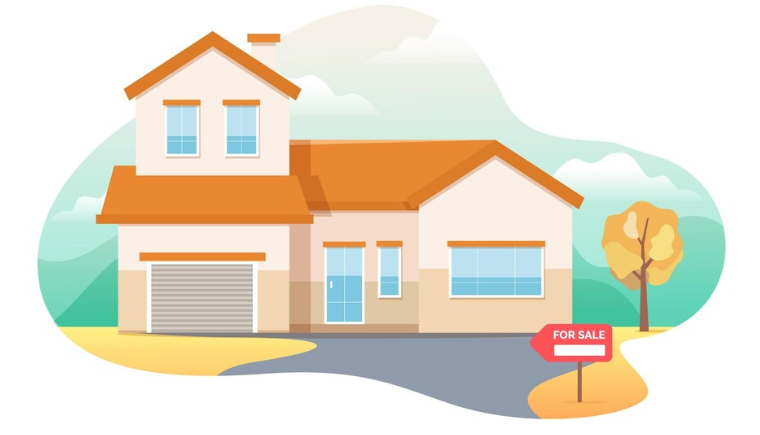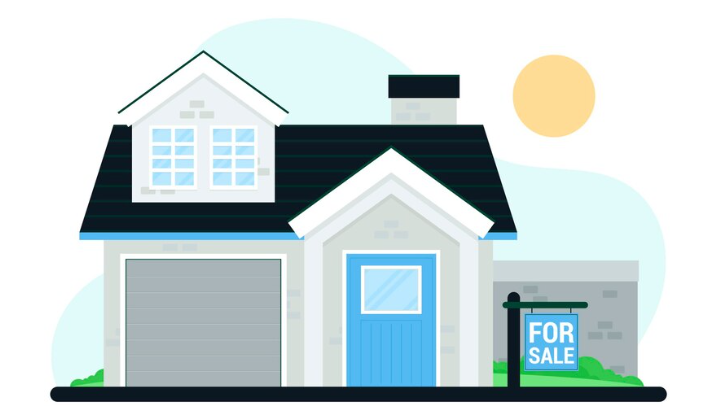How to Sell Your House in South Australia | A Step-by-step Guide
Want to sell your home without paying thousands of dollars in real estate agent’s commission fees? Fortunately, you don’t need to hire professionals, as you can do most of the legwork yourself by following a few steps.
Although selling your house privately can help you save money, it can be time-consuming and nerve-racking. List your home on PropertyNow to ensure a hassle-free experience.
Here are five important steps that you should follow to sell your house privately in South Australia.

1: Preparing the Contract of Sale
Before you advertise your home, you should work with an experienced lawyer or conveyancer to draft a contract of sale. This legal document enforces the terms and conditions of the purchase.
A contract of sale should contain all of the important information, such as delivery instructions, inspection periods, and payment schedules.
Vendor’s Statement is another essential document that you should prepare, and it includes details about the property’s condition, title, mortgages, easements, and zoning, among other things.
2: Set Your Price
While you may not have experience evaluating houses, you can always estimate the market value. Search for the available properties in your area, look at their prices, and consider other factors, such as number of rooms, any attachments, and space area. All of this will help determine the average cost of a similar home near you.
If you’re not sure about the price of your home, you can consider contacting local agents. Reach out to at least three professionals, as each will have their way of evaluating a property’s value. It should give you a ballpark figure of what to expect. You can also request a free property valuation report from PropertyNow.
3: Create a Listing
The quickest way to get the word about your property out there is to create a listing on a real estate platform. There are many options to choose from, including PropertyNow, so fire up your computer to put your home up for sale.
At the same time, you can also organise an open house for potential buyers to inspect the property before making a purchase. Make sure to advertise it in the local papers and provide interested parties with a copy of the Buyers Information Notice (Form R3), available here. You can supplement this with the ‘Assessing suitability of a property statement’, downloadable here.
4: Consider an Offer
If a buyer makes you an offer in writing, make sure to go through the terms and conditions properly. Ask them to deposit some amount into your conveyancer’s trust account to confirm their interest. You’ll have to return the money if you don’t make the deal.
A key thing to remember when considering an offer is to avoid making decisions based on emotions.
5: Sign the Contract
After you receive an offer you’re interested in, you should meet with the buyer to sign the contract. There are some legal formalities that you must complete, such as transferring ownership and adherence to deadlines. A skilled real estate attorney can provide guidance and help you avoid trouble.
Make a Listing on PropertyNow to Sell Your Home Fast!

PropertyNow is a family-run business that has helped thousands of families lease and sell property since 2006. Our proactive customer support and transparent prices make selling a home privately easy and affordable.
FAQs
Is There a Cooling-Off Period for Buying Houses in South Australia?
Under the law, the cooling-off period in South Australia is two business days after serving Form 1. A buyer can cancel the contract during this time without facing any legal consequences. However, they will have to forfeit the holding deposit.
Do You Need to Disclose Any Information Before Selling Your House Privately in South Australia?
You need to complete Form 1 and hand it over to potential buyers. It is a statutory disclosure statement that should contain details about the house, some of which include the following:
- Cooling rights of the purchaser
- Mortgages
- Council zoning
- Structural problems and other issues
Can I still seek professional advice during the sale?
Absolutely! Even if you’re selling privately, you can consult with legal or property professionals for guidance on the process and to ensure compliance with local laws.
Latest private sale listings in SA
No listings found.